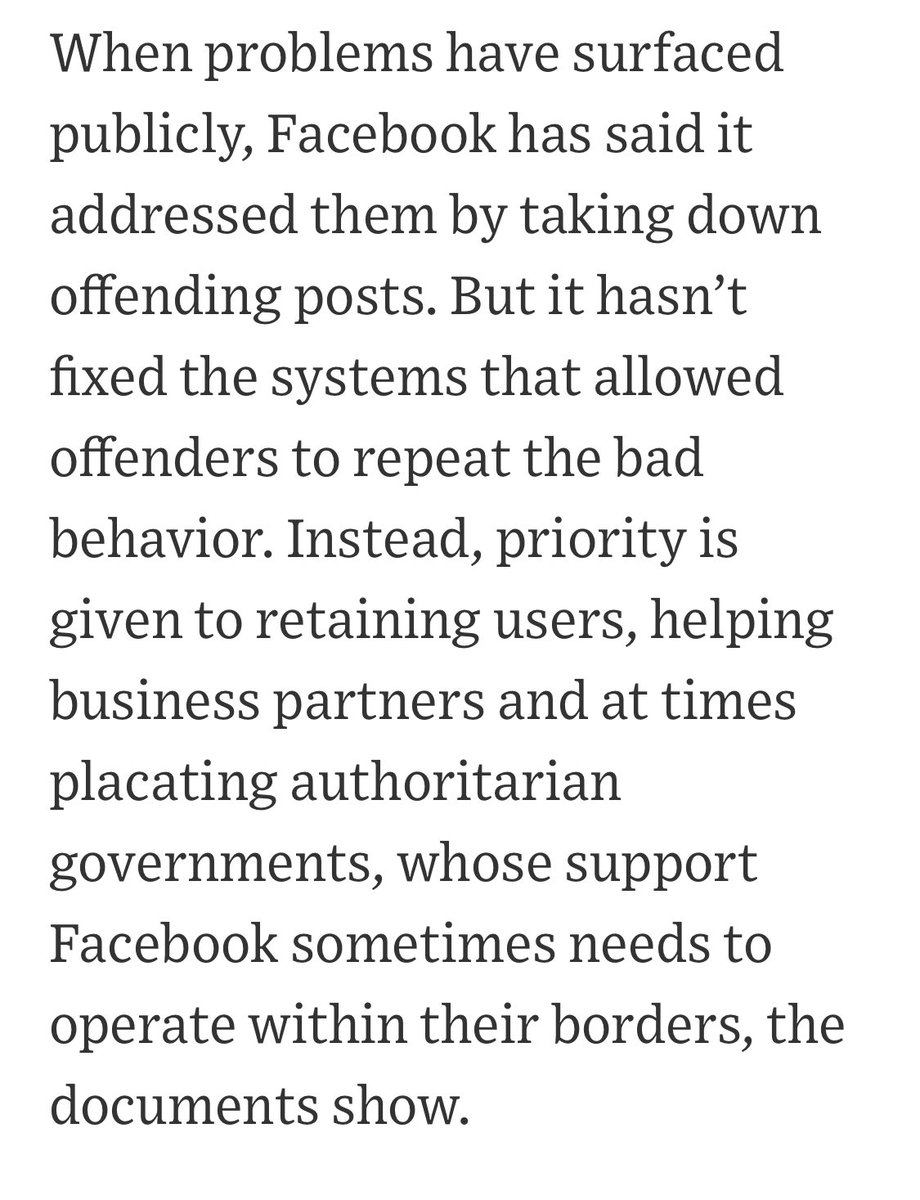
So yeah this weekend I decided to break down and try NFTs to learn more not just naysay. Once I realized it would cost about $1400 in ETH to list/mint my 7 piece collection of rare Norman Jaffe blueprints, I discovered that this is for folks with a surplus of disposable income.
And then when I discovered that I could use Polygon instead of Ethereum to save on these truly exorbitant gas fees I realized that it would involve starting all over from scratch after deciphering a convoluted process of conversion and configuration. And so I lost interest.
Obviously the nascent NFT market prefers spending ludicrous amounts on garbage pail kids style characters over any actual art history with intrinsic value but in any event here’s what I thought about minting “for science.” opensea.io/collection/jaf…
In summary, It would cost more in ETH to mint these blueprints as NFTs than it would cost to print them on archival paper and have them custom framed.
• • •
Missing some Tweet in this thread? You can try to
force a refresh











